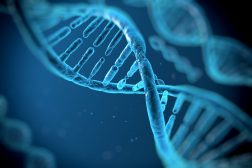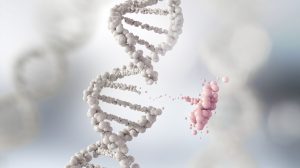Definition
noun
(embryology) The formation of muscle tissues through the differentiation of progenitor cells myoblasts into myocytes during the development of an embryo
Supplement
Myogenesis pertains to the developmental process in embryo where the myoblast differentiates into a muscle cell. The myoblasts are the progenitor cells of the muscle tissue. During embryonic development, the myoblasts either divide mitotically to give rise to more myoblasts or differentiate into myocytes or muscle cells. The decision as to either proliferate or differentiate is still unclear but in vitro studies showed that the presence of sufficient growth factors in a culture medium would result in the cell division of the myoblasts. In contrast, less growth factors in the medium resulted in the differentiation of the myoblasts. The stages of myogenesis are the following: delamination, migration, proliferation, determination, differentiation, specific Muscle Formation, and satellite cells. 1 In summary, the myoblasts begin to differentiate into myocytes by leaving the cell cycle and began expressing genes associated with the next stages. The myoblasts next align to one another and fuse. Genes that are essential during the fusion of myoblasts are myocyte enhancer factor-2 (Mef2) and twist transcription factor.
Word origin: Ancient Greek mûs (mouse; muscle) + Latin genesis (generation, nativity), from Ancient Greek génesis (origin, source, beginning, nativity, generation, production, creation)
See also:
- myoblast
- muscle cell
- muscle tissue
Mentioned in:
- Transcription factor HES 1
- Integrin alpha-7
Reference(s):
1 Pestronk, Alan. “Myogenesis & Muscle Regeneration”. WU Neuromuscular. Washington University. Retrieved 2013-03-16.







